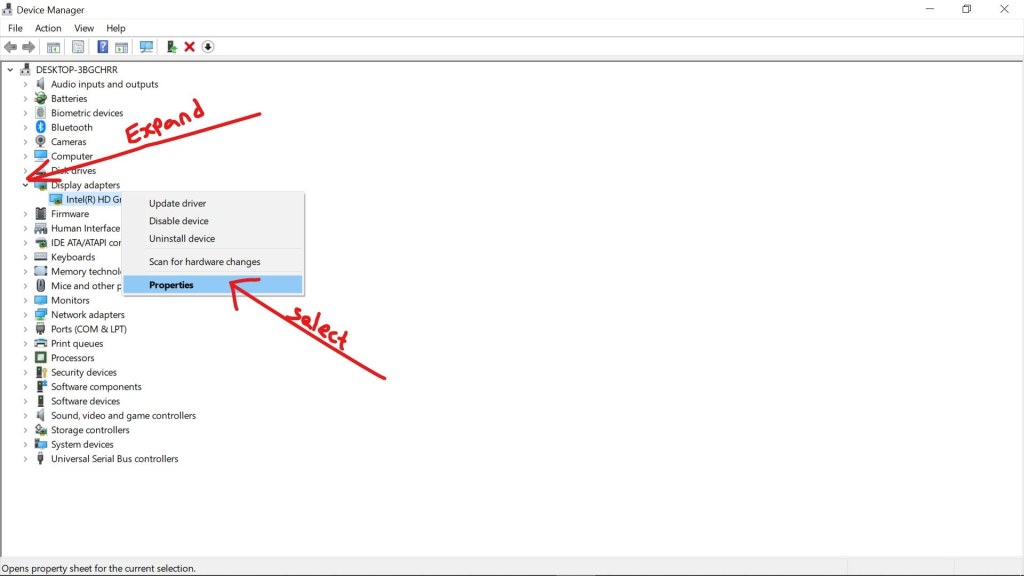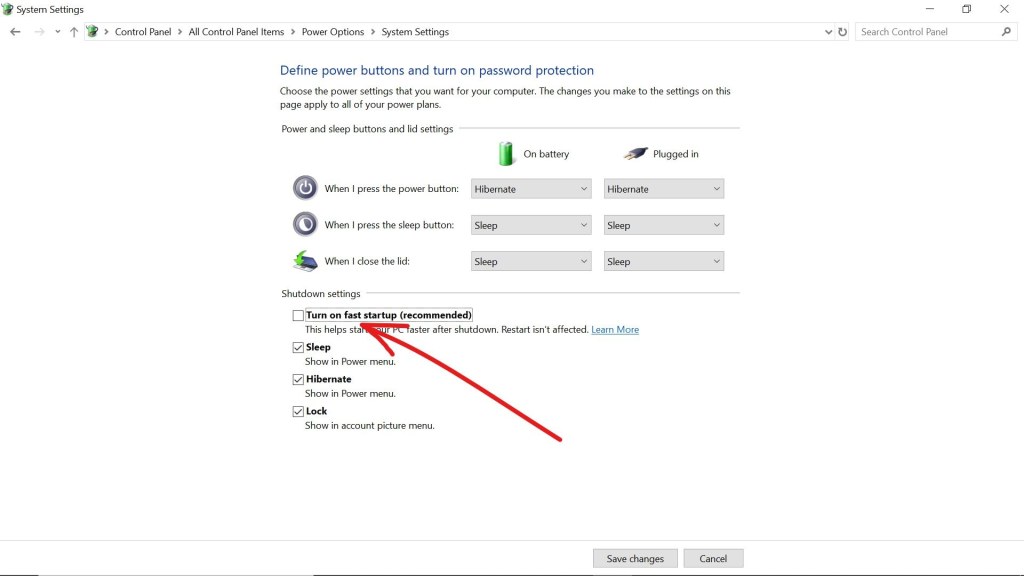Desktop PC Keeps Shutting Down
Introduction
Hello Readers,
Welcome to our article on the common issue of desktop PCs shutting down unexpectedly. We understand the frustration and inconvenience this can cause, and we are here to provide you with a comprehensive guide to understand the reasons behind this problem and how to solve it. Whether you are a tech enthusiast or a casual user, this article will equip you with the knowledge to address this issue effectively. So, let’s dive in!
In this article, we will explore the various aspects related to desktop PCs shutting down unexpectedly. We will discuss the possible causes, the individuals who may encounter this problem, when it typically occurs, where it can happen, why it happens, and how to prevent it. By the end of this article, you will have a clear understanding of this issue and be able to take the necessary steps to resolve it.
What Causes Desktop PCs to Keep Shutting Down?
🔍 It is essential to identify the root causes of desktop PCs shutting down unexpectedly. There are multiple factors that can contribute to this issue. One common cause is overheating. When the internal temperature of the computer rises to an unsafe level, it triggers an automatic shutdown to prevent damage to the hardware components.
🔍 Another possible cause is a faulty power supply. If the power supply unit (PSU) is not supplying adequate power to the computer, it can result in sudden shutdowns. Additionally, issues with the motherboard, RAM, or hard drive can also lead to unexpected shutdowns.

Image Source: freecodecamp.org
🔍 Software-related problems, such as outdated or corrupted drivers, viruses or malware, and operating system errors, can also cause your desktop PC to shut down unexpectedly.
🔍 Lastly, hardware failures, such as a failing graphics card or a damaged CPU, can also result in sudden shutdowns.
Who Encounters the Issue of Desktop PCs Shutting Down?
🔍 The issue of desktop PCs shutting down unexpectedly can affect anyone who uses a desktop computer. It is not limited to a specific group of individuals but can occur regardless of the user’s technical expertise or level of computer usage. Whether you are a student, professional, or casual user, you may encounter this problem at some point.
When Does the Issue of Desktop PCs Shutting Down Typically Occur?
🔍 Desktop PCs can shut down unexpectedly at any time, but some common scenarios include during resource-intensive tasks such as gaming or video editing, when the computer is under heavy load for an extended period, or when the internal temperature rises significantly. It is important to monitor the circumstances under which the shutdowns occur to identify patterns and potential causes.
Where Can the Issue of Desktop PCs Shutting Down Happen?
🔍 The issue of desktop PCs shutting down unexpectedly can happen anywhere the computer is being used. Whether it is in your home, office, or any other location, the problem can arise due to various factors such as environmental conditions, power supply fluctuations, or hardware issues.
Why Do Desktop PCs Keep Shutting Down?

Image Source: freecodecamp.org
🔍 Understanding the reasons behind desktop PCs shutting down unexpectedly is crucial in addressing the issue effectively. The primary purpose of these automatic shutdowns is to protect the computer hardware from potential damage caused by overheating, power supply issues, or hardware failures.
🔍 When the internal temperature of a computer rises beyond a certain threshold, it can lead to permanent damage to the components. Similarly, inadequate power supply can cause instability and damage to the system. Hardware failures, such as a failing graphics card or damaged CPU, can also result in sudden shutdowns to prevent further damage.
🔍 Additionally, software-related problems can cause unexpected shutdowns as well. Outdated or corrupted drivers, viruses or malware, and operating system errors can trigger automatic shutdowns to maintain the overall stability and security of the system.
How to Prevent Desktop PCs from Shutting Down Unexpectedly?
🔍 To prevent desktop PCs from shutting down unexpectedly, several measures can be taken. Firstly, ensuring proper ventilation and airflow around the computer can help prevent overheating. Regularly cleaning the internal components and maintaining a dust-free environment can also contribute to keeping the temperature within safe limits.
🔍 Secondly, checking the power supply and replacing the PSU if necessary can address issues related to inadequate power supply. It is also essential to ensure that the power source is stable and free from fluctuations.
![desktop pc keeps shutting down - SOLVED] PC Randomly Turns Off - What to Do? — Auslogics Blog desktop pc keeps shutting down - SOLVED] PC Randomly Turns Off - What to Do? — Auslogics Blog](https://desktop-world.info/wp-content/uploads/2023/09/solved-pc-randomly-turns-off-what-to-do-auslogics-blog_0.jpg)
Image Source: ytimg.com
🔍 Updating drivers, performing regular system scans for viruses and malware, and keeping the operating system up to date can help prevent software-related shutdowns. Running diagnostic tests and monitoring the hardware components for any signs of failure can also aid in preventing unexpected shutdowns.
Advantages and Disadvantages of Desktop PCs Shutting Down Unexpectedly
🔍 Advantages:
1. Protection from potential hardware damage by preventing overheating or power-related issues.
2. Automatic shutdowns can act as an early warning sign for potential hardware or software failures, allowing users to take proactive measures.
🔍 Disadvantages:
1. Loss of unsaved work or data due to unexpected shutdowns.
2. Inconvenience and interruption of tasks or activities being performed on the computer.
3. Potential damage to the hardware components if the shutdowns are not addressed promptly.
Frequently Asked Questions (FAQs)
1. Q: Can a faulty power supply cause desktop PCs to shut down unexpectedly?
A: Yes, a faulty power supply can result in sudden shutdowns as it may not provide adequate power to the computer.
2. Q: How can I determine if overheating is causing my desktop PC to shut down?
A: Monitoring the temperature of your computer using software tools or checking the airflow and internal temperature can help identify if overheating is the cause of shutdowns.
3. Q: What steps should I take if my desktop PC keeps shutting down unexpectedly?
A: Start by checking the internal temperature, cleaning the components, and ensuring proper ventilation. If the problem persists, consider updating drivers, scanning for viruses, and performing hardware diagnostic tests.
4. Q: Can outdated or corrupted drivers cause unexpected shutdowns?
A: Yes, outdated or corrupted drivers can lead to software-related issues, including unexpected shutdowns.
5. Q: Is it necessary to consult a professional if my desktop PC keeps shutting down?
A: Depending on the complexity of the issue and your technical expertise, consulting a professional may be advisable to diagnose and resolve the problem effectively.
Conclusion
In conclusion, the issue of desktop PCs shutting down unexpectedly can be frustrating, but with the right knowledge and preventive measures, it can be addressed effectively. By understanding the causes, individuals affected, timing, locations, reasons, and prevention methods related to this problem, you are now equipped to tackle it head-on. Remember, regular maintenance, monitoring, and timely action are key to maintaining the stability and longevity of your desktop PC. So, take the necessary steps and ensure a smooth computing experience!
Final Remarks
This article is intended to provide general information and guidance on the topic of desktop PCs shutting down unexpectedly. It is important to note that every computer system is unique, and individual circumstances may vary. The suggestions and solutions provided in this article may not be applicable in all cases. If you are experiencing persistent issues with your desktop PC, we recommend consulting a professional technician or contacting the manufacturer’s support for further assistance. Additionally, always ensure to back up your important data regularly to avoid any potential loss. Happy computing!